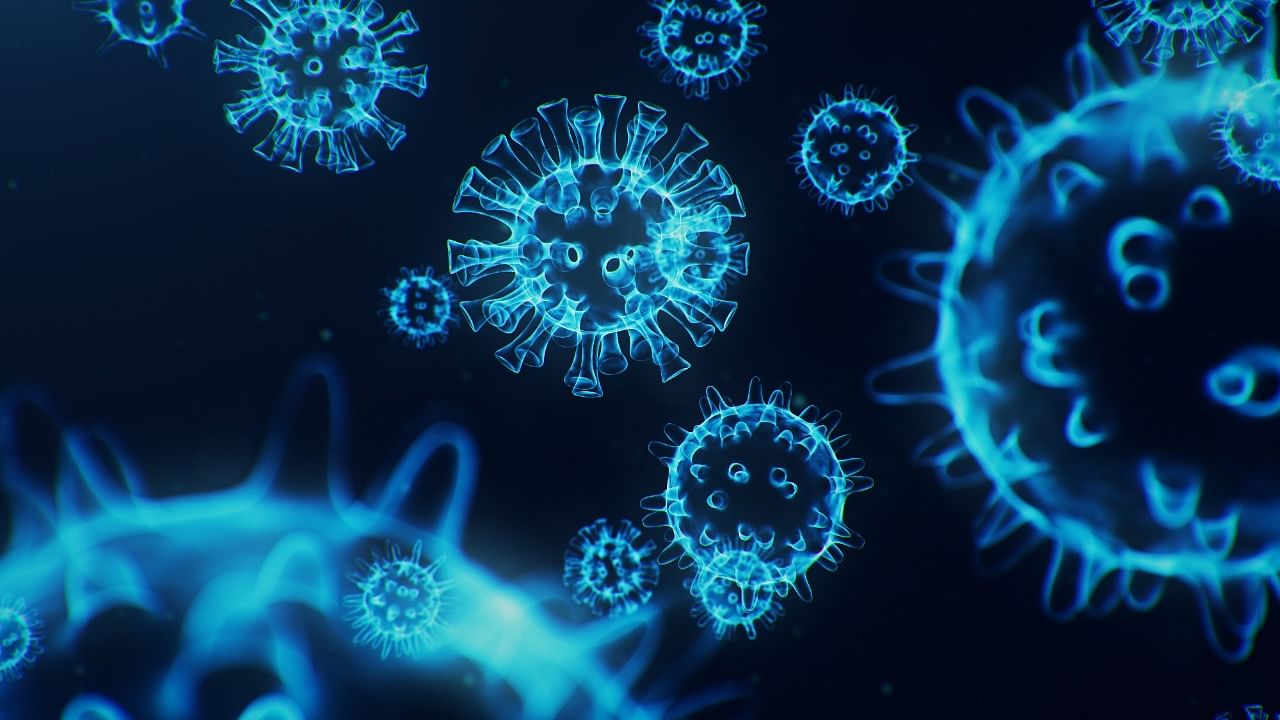
The novel coronavirus (SARS-CoV-2) has acquired fresh genetic mutations that allow it to escape immune responses and mass vaccination, researchers in India and the US have claimed in a new study that underlines the need to watch out for changes that give the virus an upper hand over humans.
A ten-fold increase in one such mutation – known as deletion mutation - was noticed in India during the second surge between February 2021 (1.1%) to April 2021 (15%), a group of scientists working at Massachusetts, Bengaluru and Minnesota has found.
Asked whether the existing vaccines will work on the virus having such mutations, one of the team leaders Venky Soundararajan told DH, “We don't have any data yet on specific vaccines to make any quantifiable statements on their durability. This is very much an ongoing research thrust with collaborators in the US, EU and India.”
Carried out by scientists at nference – a US-based health technology company – together with medical researchers from Mayo Clinic, the study may also provide an explanation to “breakthrough infections” in which individuals are not protected from the Covid-19 disease even after receiving two doses of the vaccines.
The union health ministry has not released any estimate of such breakthrough infections even though there are reports from the states on such cases. Recent evidence from the USA suggests vaccine breakthrough infections to be approximately 0.01% in fully vaccinated populations.
The main contribution of the new study, according to the scientists, is that it shows how SARS-CoV-2 acquires strategic mutations to evade herd immunity acquired through mass vaccination.
Such mutations in which the virus sheds tiny bits of its genome under natural evolutionary pressure making the life tough for the antibodies are seen in surges signifying higher person-to-person transmission.
"We have identified that deletion mutations in the spike protein have a high likelihood of being associated with surges in community transmission. We also identified emerging surge-associated deletion mutations in the SARS-CoV-2 India variant and in a recently surging SARS-CoV-2 variant in Chile,” said Soundararajan, co founder and chief scientific officer at nference.
The study offers a novel explanation that links test positivity rates with the prevalence of genomic mutations in the virus across all countries and time periods, providing a genomic compass to identify emergent variants of concern at the earliest signal.
"We also identified distinct sets of deletion mutations among patients that had reinfection or post-vaccination SARS-CoV-2 infection. Overall, we show that deletion-prone regions of the Spike protein are continually evolving and expanding, mandating a close monitoring of any newly emerging deletion mutations,” he added.
